A young student recently mentioned that despite now wearing a Brazilian Jiu-Jitsu blue belt he had felt no “epiphany” moments in his training. He was a bit saddened feeling that he wasn’t really getting it and that he was still muddling around. I chuckled at this and assured him that I was awaiting an epiphany as well, and I’ve been at this for almost thirty years. As I said this, I realized that there was one that I’m sure he’d already experienced. It goes like this:
You’re working with a newer student, someone who has only been in a few months, and you trap him or her with a beginner’s move. Basically the equivalent of scholar’s mate in chess, the two move checkmate. You chuckle about this as your new friend tells you how awesome that was and how skilled you are. Typically you smile shake your head and deny being all that good. After a moment of play you catch your new partner again, and this time you give this person a tip. Here is the moment, the epiphany moment. You’re skillful enough to find using the same trick over and over again to be rather unsatisfying on a new practitioner. So, you improve their ability to thwart you. That is basically what doing BJJ is in a nutshell. So probably not something we’d recognize as epiphany.
Sometimes, we’re surprised by our success with a particular move. You’ve heard this phrase: Wow, that technique never works! It is most often blurted by a blue belt or a long-time white belt who has struggled against the senior students with a sweep or hold and been thwarted each time. Finally, one day, applying the hold on a junior student, the hold or sweep was not recognized by the training partner and it was successful. The phrase makes the junior student feel inadequate, and we have to salve the wound. Here again is our moment of encouraging a beginner as a means of maintaining our training partners and relations. We laugh. We cajole. We remind ourselves then of the day it happened to us. And this too is a cycle of BJJ that we endlessly experience.
Even after nearly thirty years in the art, I’ve wondered when I would feel accomplished. When I would be impressed with something I’ve endeavored to do. My heroes coming up in the 90s were a number of fellow senior students, and of course, my professor. I always admired these men who’s capabilities would never been recognized widely, but were in the room with me, doing things that blew my mind. They were also all ridiculously humble to my mind. These fellows were named Patric, and Mike, and John, just like thousands of others we’ll train with and who have come and gone over the years. I worked hard to produce the techniques in the form and grace these senior students always seemed to have. Each of them spent time helping me get things right. But I am not sure I ever was successful in performing like Patric, Mike or John. Roberto, of course, could do things that I still struggle to so smoothly adopt. His ability to seamlessly attack from the guard to the left or right, swiveling his hip as though on a mechanical bearing was shocking to me. My fat ass would never move that seamlessly.
So maybe we seek the wrong moments in our training. Maybe longing for some sort of life-altering moment of understanding, an epiphany, in other words, is unrealistic. Maybe what we should hope to experience is simply the pleasure of doing. We’ve heard so often the old cliché that it’s not the arrival it’s the journey that really matters. It isn’t getting an “A” for the course, but the knowledge that matters. So what do we need to celebrate at the end of our training? What is the cigar lighting moment. What sparks of pride (even when we know to limit these) can we cling to in our weeks and months and years of efforts? I think it’s this: becoming proficient, and sharing your knowledge. Devotion to the practice is it’s own reward, and eventually our own styles are equivalent to anyone else’s though they may look different. Jiu-jitsu is big enough for everyone to find a niche to exploit.
Finally, if you’ve ever been sidelined by an injury, you know the loss of that pleasure of doing. The meaning of the journey is that pleasure. We do this because we love doing this, and the rewards are manifold, and I’ve mentioned elsewhere. There is no endgame. There is only the practice.
And maybe that’s why Bob Dylan once said if you ever feel like you’ve arrived . . . you’re pretty much dead.
